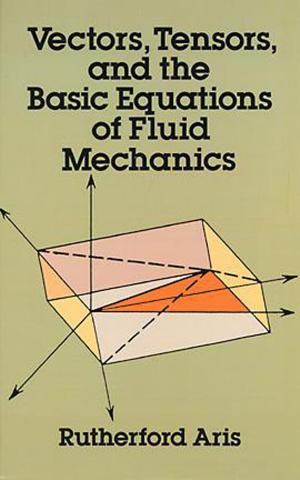Economic and Philosophic Manuscripts of 1844
Nonfiction, Religion & Spirituality, Philosophy, Political| Author: | Karl Marx | ISBN: | 9780486113203 |
| Publisher: | Dover Publications | Publication: | March 2, 2012 |
| Imprint: | Dover Publications | Language: | English |
| Author: | Karl Marx |
| ISBN: | 9780486113203 |
| Publisher: | Dover Publications |
| Publication: | March 2, 2012 |
| Imprint: | Dover Publications |
| Language: | English |
Written in 1844 as a series of notes, Marx's posthumously published critiques on the conditions of modern industrialist societies forms the foundation of the author's denunciation of capitalism. Combining elements of psychology, sociology, and anthropology, it is a profound examination of the human condition rooted in a philosophy of economics.
In this concise treatise, Marx presents an indictment of capitalism and its threat to the working man, his sense of self, and his ultimate potential. With a focus on "Marxist Humanism," he describes the alienation of laborers in a capitalist system: since the results of their work belong to someone else, they are estranged from their own labor and can never function as freely productive beings. Through a powerful mixture of history and economics, Marx explores the degenerative effect of capitalism on the proletariat and his true human nature.
Regarded as one of his most important books, Economic and Philosophic Manuscripts of 1844 is a first glimpse at Marx's fascinating transition from philosophy to economics. Accessible and influential, it is an important predecessor to the Communist Manifesto and essential to an understanding of Marxist theory.
In this concise treatise, Marx presents an indictment of capitalism and its threat to the working man, his sense of self, and his ultimate potential. With a focus on "Marxist Humanism," he describes the alienation of laborers in a capitalist system: since the results of their work belong to someone else, they are estranged from their own labor and can never function as freely productive beings. Through a powerful mixture of history and economics, Marx explores the degenerative effect of capitalism on the proletariat and his true human nature.
Regarded as one of his most important books, Economic and Philosophic Manuscripts of 1844 is a first glimpse at Marx's fascinating transition from philosophy to economics. Accessible and influential, it is an important predecessor to the Communist Manifesto and essential to an understanding of Marxist theory.
Written in 1844 as a series of notes, Marx's posthumously published critiques on the conditions of modern industrialist societies forms the foundation of the author's denunciation of capitalism. Combining elements of psychology, sociology, and anthropology, it is a profound examination of the human condition rooted in a philosophy of economics.
In this concise treatise, Marx presents an indictment of capitalism and its threat to the working man, his sense of self, and his ultimate potential. With a focus on "Marxist Humanism," he describes the alienation of laborers in a capitalist system: since the results of their work belong to someone else, they are estranged from their own labor and can never function as freely productive beings. Through a powerful mixture of history and economics, Marx explores the degenerative effect of capitalism on the proletariat and his true human nature.
Regarded as one of his most important books, Economic and Philosophic Manuscripts of 1844 is a first glimpse at Marx's fascinating transition from philosophy to economics. Accessible and influential, it is an important predecessor to the Communist Manifesto and essential to an understanding of Marxist theory.
In this concise treatise, Marx presents an indictment of capitalism and its threat to the working man, his sense of self, and his ultimate potential. With a focus on "Marxist Humanism," he describes the alienation of laborers in a capitalist system: since the results of their work belong to someone else, they are estranged from their own labor and can never function as freely productive beings. Through a powerful mixture of history and economics, Marx explores the degenerative effect of capitalism on the proletariat and his true human nature.
Regarded as one of his most important books, Economic and Philosophic Manuscripts of 1844 is a first glimpse at Marx's fascinating transition from philosophy to economics. Accessible and influential, it is an important predecessor to the Communist Manifesto and essential to an understanding of Marxist theory.















